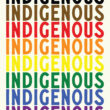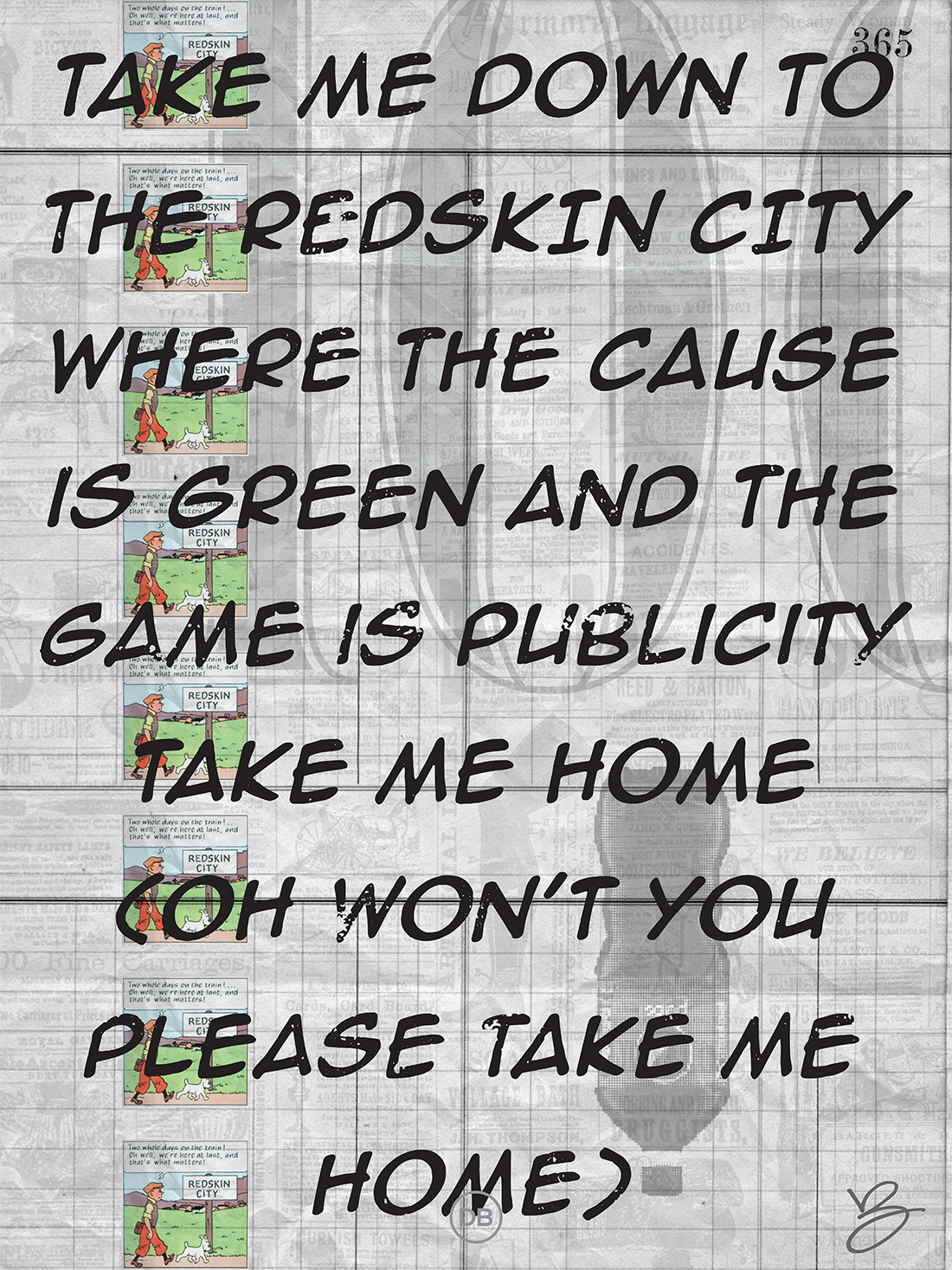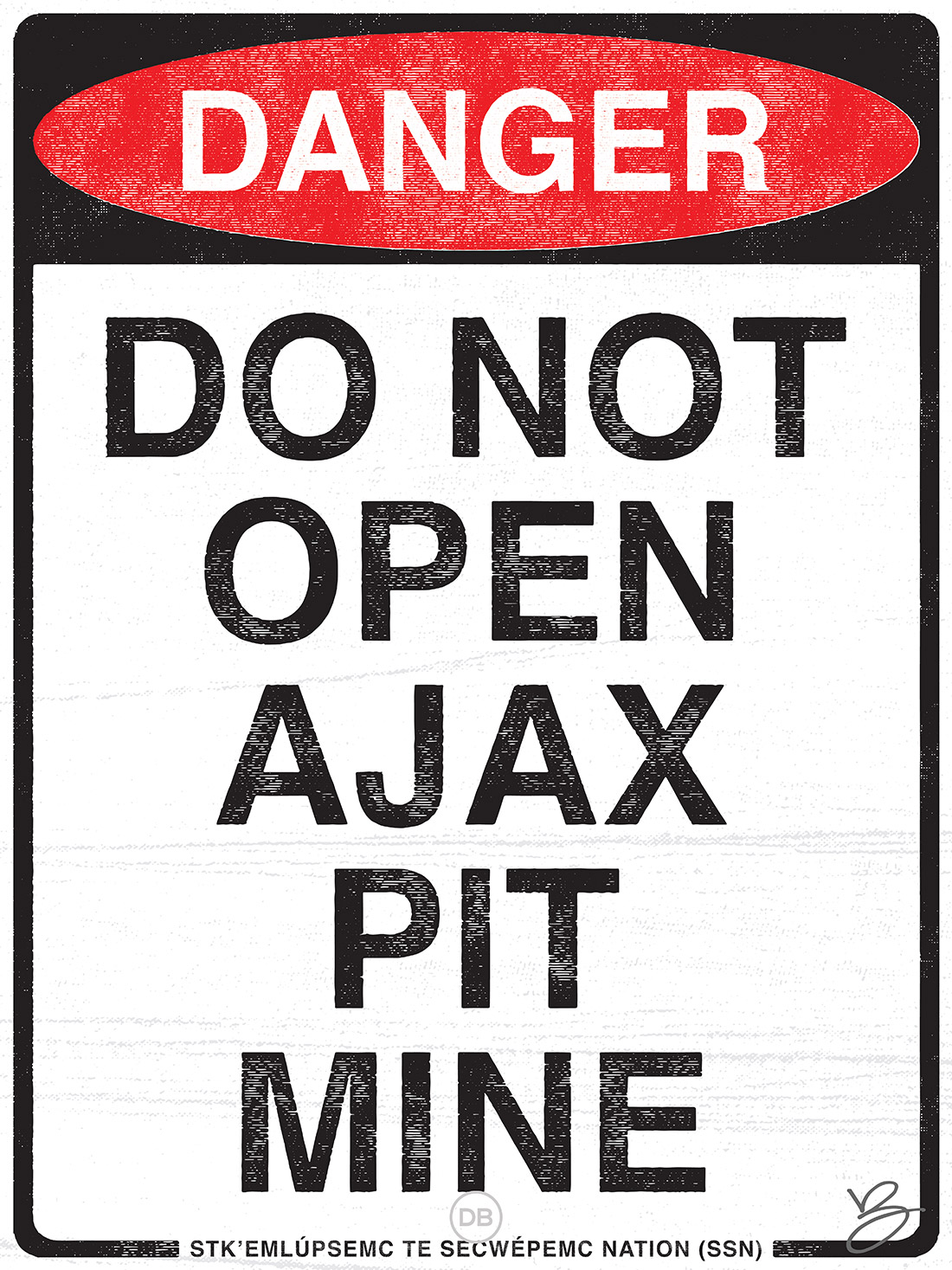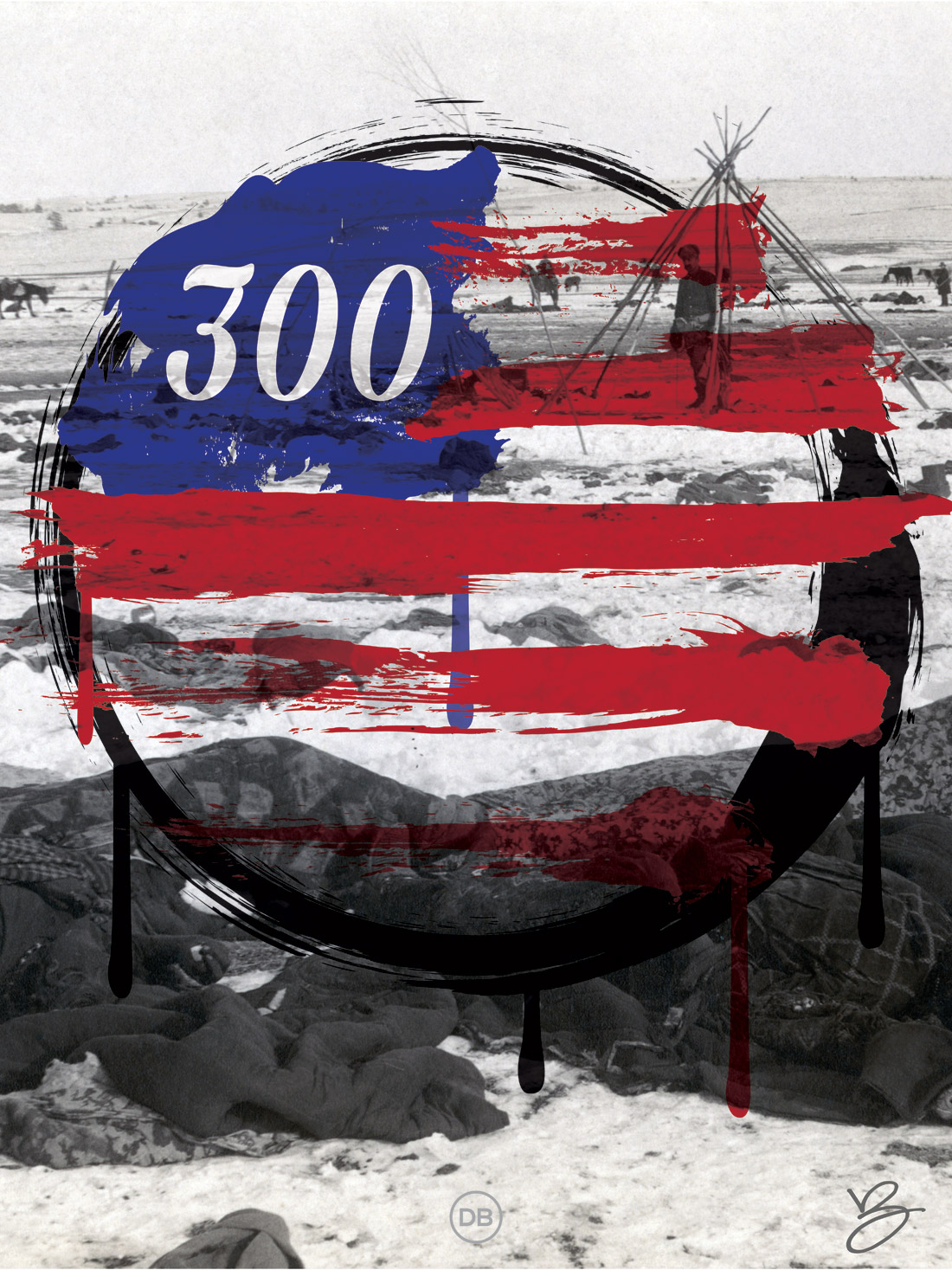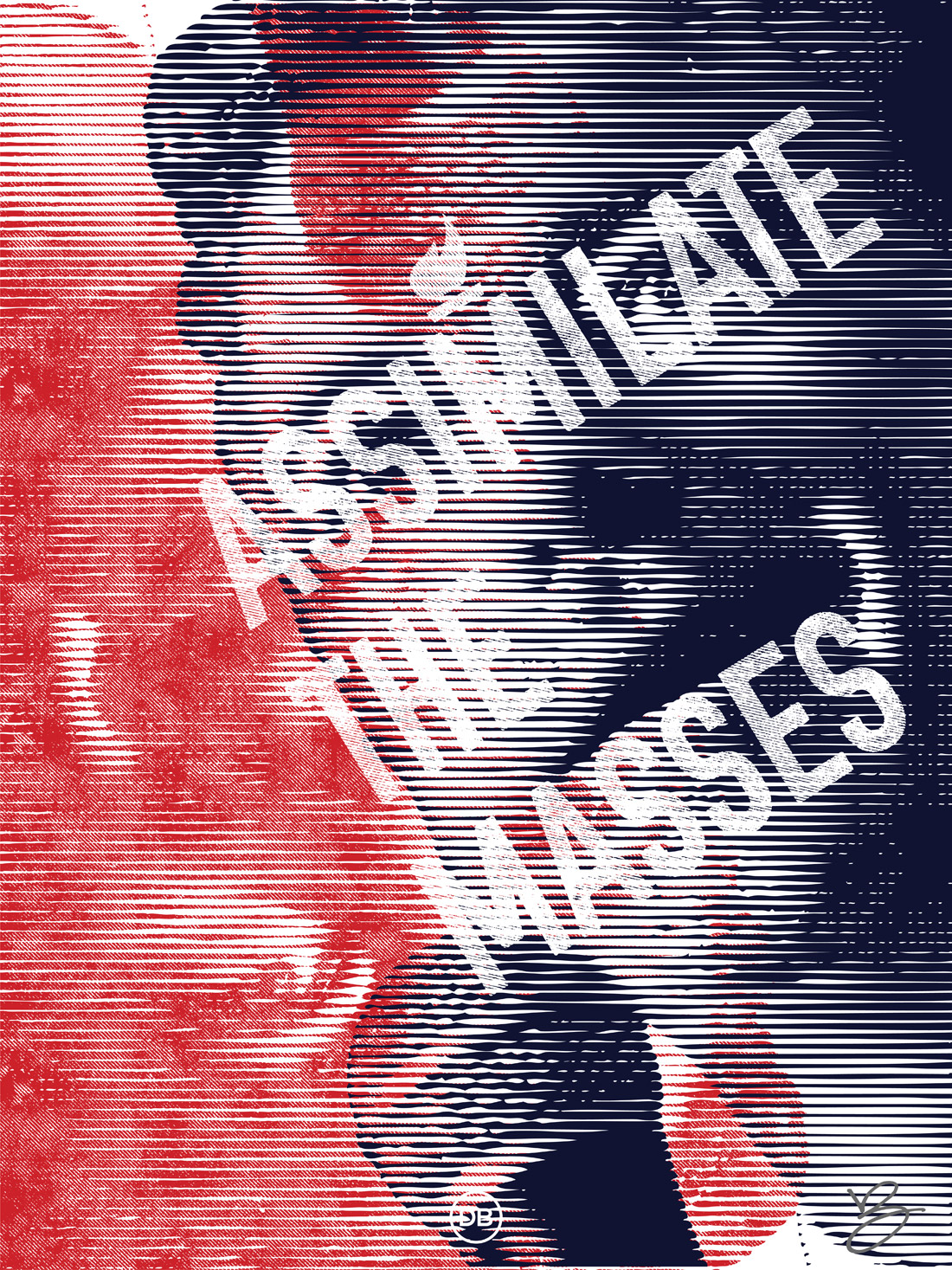Articles
“American Indian tribes protesting oil and gas pipelines are worried environmentalists are co-opting them in an overarching fight against climate change.
Tribes are aligning with climate activists on very specific issues such as mutual opposition to oil pipelines that cut too close to Indians’ water supply, Jade Begay, a spokeswoman for the Indigenous Environmental Network, said in an interview with the Washington Examiner. But Indian tribes and environmentalists, she added, often disagree on issues like climate change and energy production.
“You could say that’s tokenizing indigenous people, and that’s something we are very much trying to get away from, and we criticized the environmental and the nonprofit world for doing that,” Begay said.
Many Indian reservations, which have limited access to their own natural resources, have pushed and prodded Congress into allowing tribes to develop their own energy supply without government interference. Tribal lands hold nearly $1.5 trillion worth of natural resources, according to some estimates.”
– The Daily Caller, Anti-Pipeline Tribes Worry Enviros Are ‘Tokenizing’ American Indians.
“Many critics immediately asserted that the commercial trivialized the Black Lives Matter (BLM) movement. Op-eds and articles were published specifically speaking to the correlation with BLM. Television shows, such as The View and The Late Show discussed the flop, and Saturday Night Live weighed in with a spoof. But missing from this greater conversation of real-life parallels is the largest movement to take America in the past 12 months: The indigenous struggle in Standing Rock and the resistance against the Dakota Access Pipeline, where numerous times, a drink of water was offered to police, and yet, refused.
To be sure, Pepsi’s flop is a teachable moment that we cannot pass up; a prime opportunity to dig into intersecting topics of race, privilege, commercialism, co-opting the struggles of marginalized communities, and the outright erasure of indigenous issues.
Unlike the white-washed and glamorized Pepsi commercial, in Standing Rock, resistance was no fairytale, but rather a bitter reality for the thousands of water protectors who came and left wounded, both physically and spiritually.
“After months in Standing Rock, praying with offerings of water in front of militarized riot police, watching my people be brutalized, I cannot imagine that anyone who approved this commercial to have ever known the traumas we carry,” water protector and organizer, Eryn Wise (Jicarilla Apache and Laguna Pueblo), told Indian Country Media Network. “(Pepsi and Jenner) look like they want to be us. They just don’t actually see us.”
This very palpable indigenous-led resistance in Standing Rock against the Dakota Access Pipeline was riddled with aggressive police in riot gear, armed snipers, helicopters, arrests, criminal charges, attack dogs, mace, tear gas, rubber bullets, concussion grenades, and freezing water hoses in the dark of night.
In Standing Rock, resistance involved real bodies, and real danger.”
– Indian Country Today, Manning: Dear Pepsi, Our Resistance is Not for Sale.
Download
Download the 18″x24″ poster (.pdf), Indian Country 52 #15 – Tokenized (Standing Rock).
Close Ups



Indian Country 52
Indian Country 52 is a weekly project by David Bernie that uses the medium of posters that promote issues and stories in Indian Country.
Creative Commons License

This work by David Bernie is licensed under a Creative Commons Attribution-NonCommercial-NoDerivatives 4.0 International License. You may download, share, and post the images under the condition that the works are attributed to the artist.



